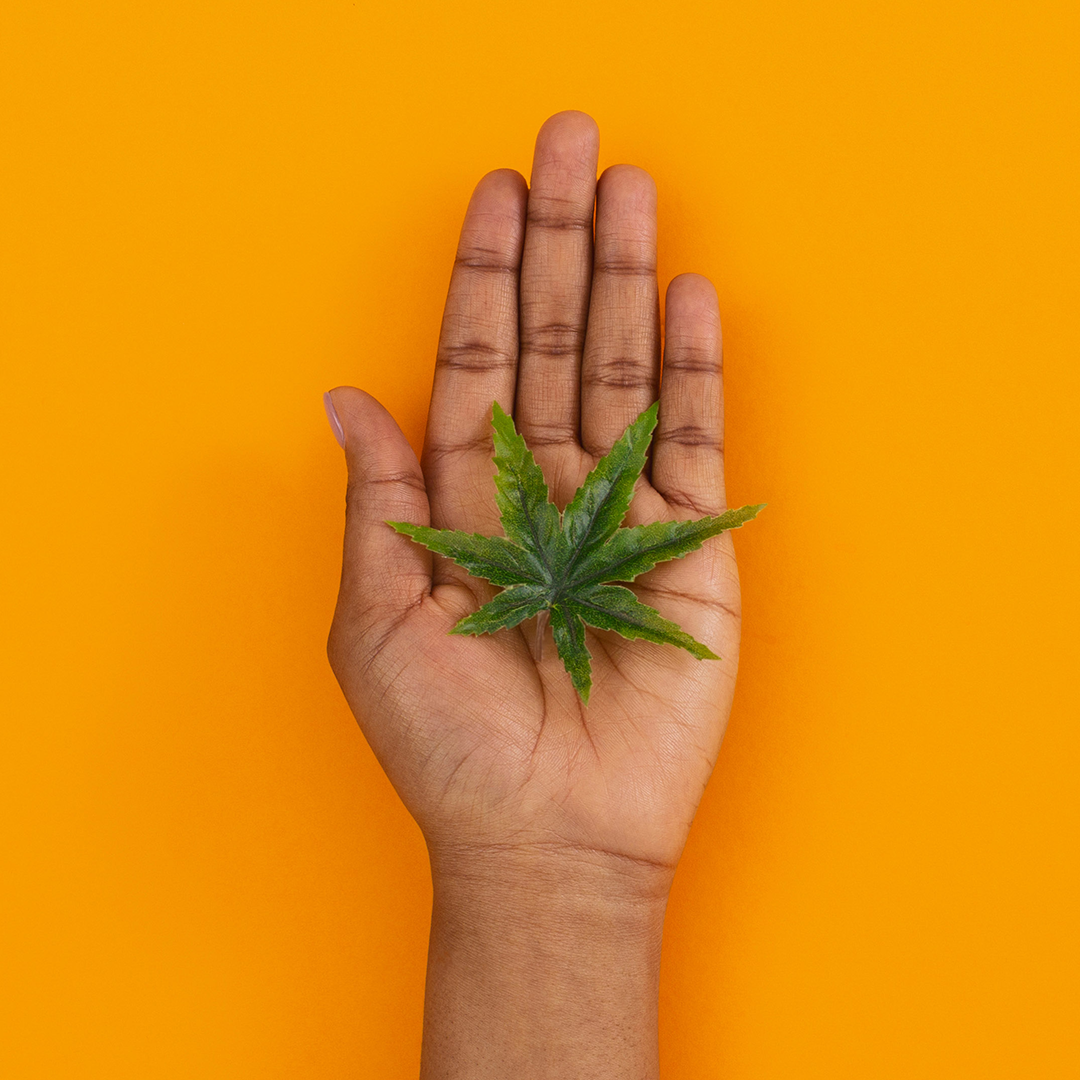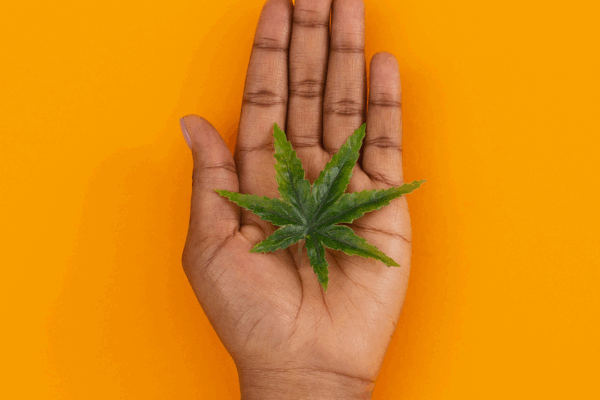Marylanders and people across the nation have overwhelmingly voiced that there needs to be an end to the war on marijuana.
Marylanders and people across the nation have overwhelmingly voiced that there needs to be an end to the war on marijuana. In particular, people in Maryland overwhelmingly voted to begin the legalization of marijuana. Now, it’s time to take action and reverse the oppressive effects of this racist “war.” Removing criminal penalties for marijuana related offenses and prohibiting police from using the odor of marijuana as a basis to conduct warrantless searches are the next steps we should be taking.
We understand marijuana legalization may be a fun topic, particularly for white people who have not been targeted for decades by police, but it can be a heavy, painful one for Black people who have been forced to bear the brunt of targeted marijuana enforcement. Back in 2020, the ACLU released a research report, A Tale of Two Countries, chronicling marijuana arrests from 2010 to 2018 and examined the extreme racial disparities.
Shockingly in 2018, Black people were more than 2.1 times more likely to be arrested for marijuana possession than white people in Maryland. Nationwide, those disparities are even worse, with the number reaching 3.6 times more likely. In fact, sadly, in some places in the U.S., Black people are 40 or even 50 times more likely to be arrested for marijuana possession than white people.
Between 2018-2019, 96% of all marijuana possession charges were filed against Black people in Baltimore City, even though Black people only represent around 60% of the city’s population. In those same years in Baltimore County, 80% of all marijuana possession charges were filed against Black people, even though Black people only represent 30% of the population there. This is outrageous.
The data shows blatant racism and inequity. In too many ways, the war on marijuana was a war on Black people. Our 2022 blog, “A War on Marijuana, or a War on Black Communities,” written by Nehemiah Bester, dives deep into this harmful dynamic, as well as into the history of the demonization of marijuana.
Black people have been calling out these injustices for decades. It’s time to not only listen, but also provide redress and reparations for those harms as well. We are so much closer to our goal.
The voter-approved new marijuana law has a provision to reduce the waiting period to remove a possession with intent to distribute marijuana conviction from fifteen years to just three after the successful completion of the sentence imposed. What does this mean for the people whose lives have been negatively impacted by the war on marijuana? Well, this means people will be able to access employment opportunities and housing. This is a huge step towards repairing the harms of the war on marijuana.
The new law also reduces the waiting period to remove a possession of marijuana conviction after a person completes their sentence. And the new law allows automatic removal of records for simple possession of marijuana. Marylanders will also be allowed to grow up to two marijuana plants per household. And, for adults, the allowed personal amount of marijuana will increase from 10 grams to 1.5 ounces.
Perhaps one of the most important parts of the new law is it authorizes a Community Reinvestment and Repair Fund, to bring resources back to the communities most impacted by racist marijuana enforcement once the industry is established and tax dollars start flowing. Establishing this fund was a key priority of the ACLU of Maryland and our partner Leaders of a Beautiful Struggle, with the support of the national ACLU. Stay tuned for more about this, coming soon!
Overall, what does the new marijuana legalization law mean for people’s rights? On June 30, 2023, civil fines for people 21 and up possessing the personal amount of marijuana will be over. And on July 1, 2024, records will be removed for simple possession charges. However, smoking marijuana in public is still prohibited and punishable by a civil fine. The first violation is $250 and a second one is $500. Do you want to learn more about the rollout of legal recreational marijuana? Read this blog on our website, "The Road to Marijuana Legalization: Timeline So Far."
The timeline of what’s passed so far goes until 2024, but we will continue to advocate for necessary changes in the future. The ACLU of Maryland and our partners will be back in Annapolis for the 2023 General Assembly session to advocate for two more changes:
- End criminal penalties for marijuana possession above the civil use amount and for possession with intent to distribute; and
- Prohibit police from using the odor of marijuana as a basis to stop individuals and perform a warrantless search of a vehicle.
Sign up for our email list to take action this legislative session!
These racial justice reforms are necessary to help ensure that Black people don’t continue to face the brunt of the consequences of being disproportionately stopped and charged with marijuana related charges. We won’t stop until marijuana is legalized and no longer used as an excuse to over police and criminalize Black people.




